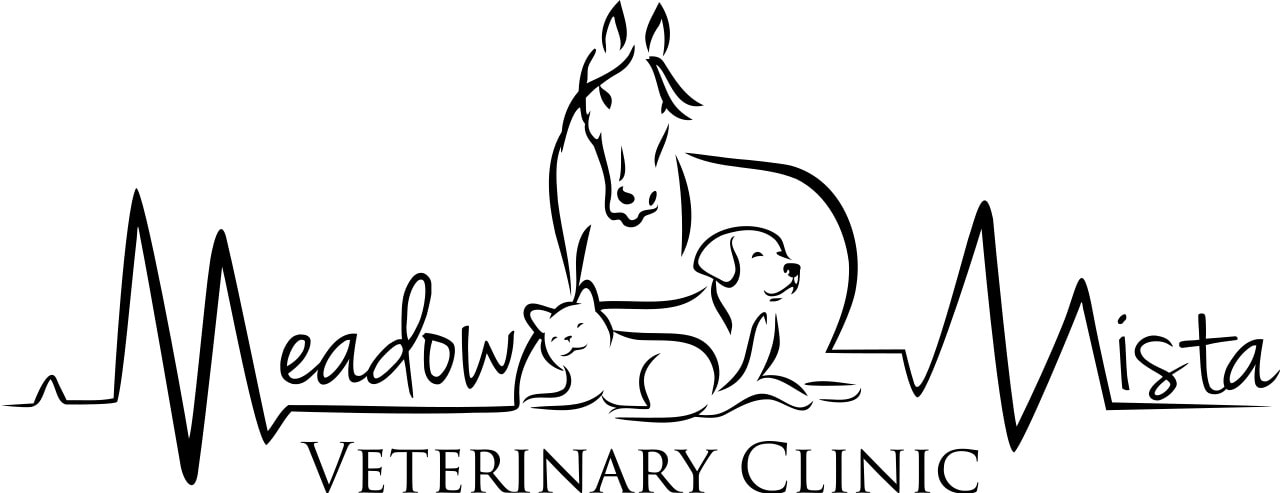
As a dog owner, it's inevitable that your furry friend will face accidents or injuries. Knowing how to handle your dog's wounds and when to seek vet assistance is important. Our Meadow Vista team is here to offer you some helpful tips on how to provide proper dog wound care at home.
Accidents Happen to Everyone
Even the most calm and easy-going dog may suffer an injury such as a cut or graze. Even seemingly minor wounds can result in serious infections. If you're unsure whether you should take your dog to a veterinarian, it's best to seek expert assistance to ensure their safety.
When to Go See the Vet
Wounds that require veterinary care include:
- Animals bites
- Skin that has been torn away from the flesh below
- A wound with a large object lodged in it (ie: a piece of glass)
- Wounds caused by a car accident or other trauma
- Injuries around the eyes or head
- Injuries that lead to breathing difficulties
Have a First Aid Kit For Your Dog
Below are a few things you should always have on hand in case your dog gets hurt.
- Muzzle ( injured dogs can lash out)
- Soap or cleaning solution
- Pet antiseptic solution (ie: 2% chlorhexidine)
- Antimicrobial ointment for suitable for dogs
- Sterile bandages
- Self-adhesive bandages
- Bandage scissors
- Tweezers
- Clean towels
Administering First Aid
It is important to clean and dress wounds promptly to prevent infections. If you are uncertain about how to proceed or whether your pet requires medical attention, always remember to contact your vet or an emergency vet as soon as possible.
Muzzle Your Dog
When trying to help a hurt dog, it's important to be cautious as they may bite out of fear or pain. We suggest using a muzzle before administering first aid. To minimize your dog's stress, it's smart to practice putting on the muzzle beforehand, even before any potential injuries occur.
Look For Foreign Objects Lodged in The Wound
Look for objects or debris that may be lodged in the wound. If you are able to easily remove the object with tweezers, do so gently. If the object is lodged deeply, leave it and call your veterinarian, or an emergency vet immediately.
Clean the Wound
Place your dog in a sink, bath, or shower and gently run clean water over the wound. Do not use harsh cleaners or apply hydrogen peroxide, rubbing alcohol, or other caustic cleaning products to your dog's skin as these can cause the wound to take longer to heal.
Control Bleeding
Provided that there is nothing stuck in the wound apply pressure using a clean towel. Bleeding should stop within 10 minutes of applying pressure. If your dog is still bleeding after that time, contact your vet or emergency animal hospital right away.
Bandage Your Dog's Wound
To treat a wound on your dog, apply a small amount of antibacterial ointment before covering the area with a sterile gauze or bandage. It's important to avoid using products that contain hydrocortisone or corticosteroids. Secure the gauze in place with a self-adhesive elastic bandage.
Prevent Your Dog From Licking The Wound
If your dog is trying to lick the wound it may be necessary to have your dog wear the cone of shame.
Ongoing Care
To ensure your dog's wound is healing properly and free from infection, it's essential to check it twice daily. Clean the wound using water or a pet-safe antiseptic solution twice daily. Contact your vet immediately if you notice inflammation or signs of infection, such as redness, swelling, discharge, increasing pain, or a foul odor.
Note: The advice provided in this post is intended for informational purposes and does not constitute medical advice regarding pets. For an accurate diagnosis of your pet's condition, please make an appointment with your vet


